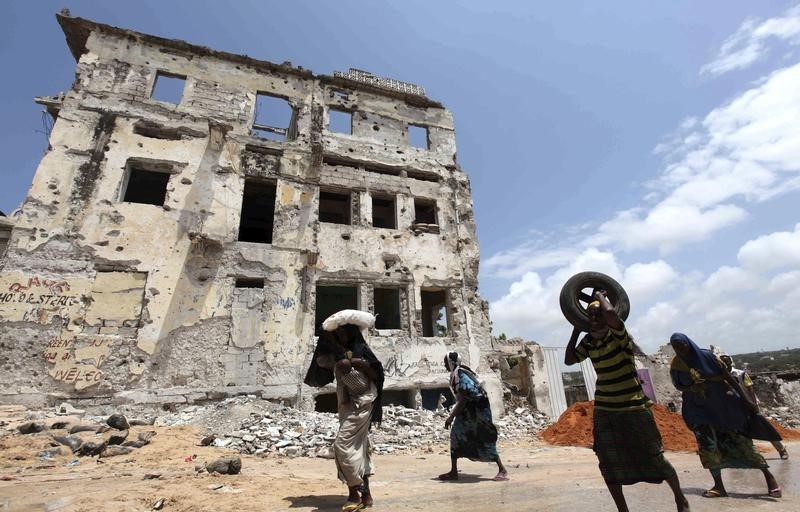By Magdalena Mis
LONDON (Thomson Reuters Foundation) - Aid handouts alone are not enough to help poor countries and Britain must find ways to move "beyond aid" to have a global impact, a parliamentary watchdog said on Monday.
While aid remains crucial in lifting countries out of poverty, it is not the only answer for fragile states that may need complex interventions, the International Development Committee said in a report.
At the same time, while aid is no longer provided for middle income countries like India, new forms of cooperation should be developed with links to British institutions in areas such as health, education, law, culture and science.
The International Development Committee monitors the policy, administration and spending of the UK's Department for International Development (DFID), which manages overseas aid.
"Aid is essential if we are to reduce poverty and reach ambitious development and environmental goals. But it isn't enough," the committee's chairman Malcolm Bruce said in a statement.
The committee praised Britain's commitment in meeting the 0.7 percent target of aid as a share of national income, and tackling cross-border issues like female genital mutilation (FGM) and the Ebola outbreak.
However, it said DFID's record was patchy, with too little emphasis on ensuring its wider policies, such as conflict prevention, were coherent.
As focus moves away from aid, cooperation with other government departments and international partners has to be at the heart of a new approach in order to maximise impact on development and global issues such as climate change and conflict, the report said.
"That is why development in the future will not just be about aid. When the Government puts its mind to it, the results are impressive," said Bruce.

The Committee said that DFID's long-term future as a standalone ministry would be at risk unless stronger mechanisms to support cooperation across government on development issues were put in place.